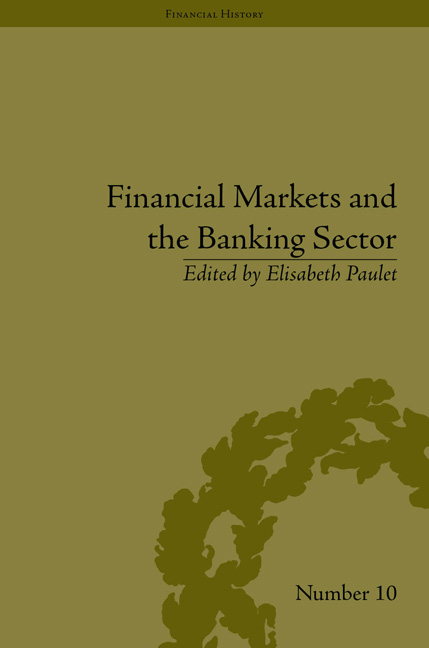Book contents
- Frontmatter
- CONTENTS
- List of Figures and Tables
- Introduction
- I Globalization and Financial Markets: a Dialectic Dynamic
- II Globalization and Banking Institutions: Evolution of Their Role and Institutional Aspects
- 6 European Banking: A Review of Trends and Public Policies for Reassessments of Bank Reform and Development in Brazil and Latin America
- 7 Monetary and Fiscal Policy Conflicts in Central Europe: How Credibly are Macro Policies in the Phase of Preparation for EMU?
- 8 Economic and Ethical Aspects of Discrimination in the Consumer Credit Market
- 9 Beyond Ethics: Alternative Banking in Switzerland
- Conclusion
- Notes
- Works Cited
- Index
8 - Economic and Ethical Aspects of Discrimination in the Consumer Credit Market
from II - Globalization and Banking Institutions: Evolution of Their Role and Institutional Aspects
- Frontmatter
- CONTENTS
- List of Figures and Tables
- Introduction
- I Globalization and Financial Markets: a Dialectic Dynamic
- II Globalization and Banking Institutions: Evolution of Their Role and Institutional Aspects
- 6 European Banking: A Review of Trends and Public Policies for Reassessments of Bank Reform and Development in Brazil and Latin America
- 7 Monetary and Fiscal Policy Conflicts in Central Europe: How Credibly are Macro Policies in the Phase of Preparation for EMU?
- 8 Economic and Ethical Aspects of Discrimination in the Consumer Credit Market
- 9 Beyond Ethics: Alternative Banking in Switzerland
- Conclusion
- Notes
- Works Cited
- Index
Summary
It has become a widespread practice among banking institutions to charge higher interest rates on consumer loans extended to lower-income households. Typically this has been explained by a negative correlation between household income and risk. Größl shows that this perspective may be flawed even from a purely economic viewpoint, and may hence lead to discrimination in the consumer credit market. In the following I take up this argument and discuss how income-dependent interest rates are valued from an ethical perspective. In doing so, I distinguish between teleological business ethics and integrative business ethics and explain why according to both strands of thought income-dependent interest rates are discriminating. However, I also clarify how both positions differ regarding their normative consequences for the behaviour of lending banks. Whereas teleological approaches shift responsibilities to the institutional environment, integrative ethics does not release banks from an ethical responsibility, irrespective of prevailing competitive pressures.
The discussion on how to price loans has become even more important against the background of the current financial crisis, which started as a sub-prime mortgage crisis in the US. Indeed, during the 1990s a process had started which should soon be named ‘democratization of finance’. Underlying this process was the idea that financial markets were not only able to contribute to the efficient allocation of resources but that they could also contribute to increasing the fortune of lower-income households. This was expected to be achieved by a process of generous lending to lower-income households. As the current financial crisis proves, banks had been too generous judging from the true risks. However, we should neither jump to the conclusion that lower-income households pose greater risks per se, nor to the conclusion that in fact the process of ‘democratization of finance’ in the US put an end to discrimination of lower-income households. The reason is that the observed generosity in lending was concentrated on mortgages which served to financing the purchase of real estate.
- Type
- Chapter
- Information
- Financial Markets and the Banking SectorRoles and Responsibilities in a Global World, pp. 163 - 176Publisher: Pickering & ChattoFirst published in: 2014

